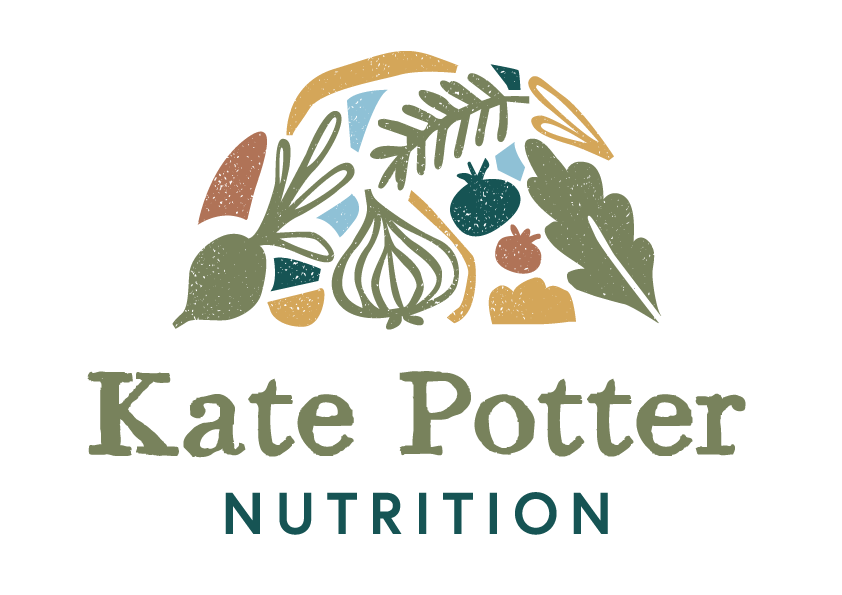Is your autoimmune condition being impacted by low vitamin A?
Is low vitamin A impacting your autoimmune condition?
Vitamin A can be one of those areas that confuses us a little. We don’t necessarily know what it does, and the connection with beta carotene can feel confusing.
Gut barrier protection
Vitamin A plays an essential role in protecting our gut barriers. You may already know that a dysfunction gut barrier (‘leaky gut’) can play a role in autoimmune conditions (find out more here).
Vitamin A helps our gut barrier to act appropriately in response to molecules from the outside world. For example, it helps us to respond effectively to viruses, as well as pathogens such as candida and mould.
Skin
Our skin, like our gut lining, is also made from epithelial tissue. Just like our gut lining, it is also dependent on good levels of vitamin A to remain healthy and resilient. Autoimmune conditions such as alopecia areata, lichen sclerosis and psoriasis can be particularly affected by low vitamin A.
Food sources of vitamin A
All mammals, including humans, convert beta carotene to vitamin A (retinol). Retinol is the usable form that we need for our gut lining and skin health.
We can boost our vitamin A levels both by eating foods rich in beta carotene (which we then convert to retinol), and by animal products high in retinol,
Sources of beta carotene include:
orange veg such as carrots, squash, sweet potatoes and red, yellow and orange bell peppers
greens such as kale, cavil nero, spinach, lettuce and broccoli
orange and yellow fruit such as papaya, mango, apricots, and canteloupe melon (although these are high in sugar, with the exception of papaya)
Sources of retinol include most animal products:
all meat, especially liver
fish
eggs
dairy
It is worth remembering that vitamin A is a fat-soluble nutrient, and so should be eaten alongside fatty foods such as olive oil, or nuts and seeds.
Genetics
It is quite common to have a genetic mutation that reduces our ability to convert beta carotene to retinol. If we are eating plenty of retinol-rich foods as well, this does not tend to impact us.
However, if we are eating no or limited retinol foods, and we have this genetic mutation, it can play a role in our autoimmune health.
So if you are vegan or vegetarian, or don’t eat much red meat or fish, this may be something to think about.
This genetic mutation is easy to test for and we do this regularly with clients. There are lots of ways to improve vitamin A status, and so this should not put people off from being vegan. It’s just a case of being aware of it and taking appropriate action.
Supplementing vitamin A
Caution should be taken with vitamin A supplementation. Too much vitamin A can be extremely harmful. It is considered safer to supplement with beta carotene than retinol, since the body is thought to stop converting beta carotene to retinol once levels are high enough.
Pregnant women and children should be particularly careful and supplementation is not advised.
Those with certain conditions, including liver problems, should also take professional advice.
Who should think about their vitamin A status in particular?
Everyone with autoimmunity should consider their vitamin A status, but particularly those who don’t eat animal products, and / or have skin conditions, including alopecia areata.
Testing
Vitamin A status can be checked via a blood test. Genetic impact on the ability to convert beta carotene to retinol can be checked via a cheek swab test.
